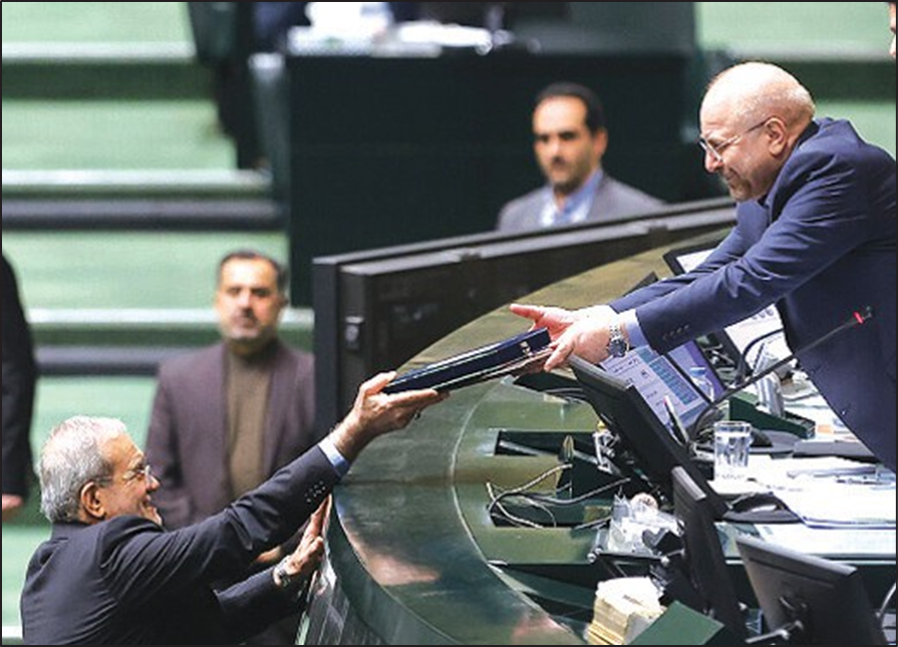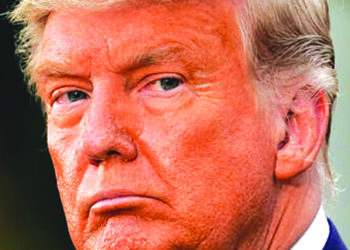ria in a shipment identified as construction materials and other innocent goods, in what appears to be a violation on the UN sanctions ban on Iran exporting arms.
Iran says it is all a “misunderstanding.”
But Nigeria didn’t say that. It informed the United Nations of a potential sanctions violation Monday and said it was still investigating.
At issue are 13 containers. They were shipped from Bandar Abbas on a French container ship and unloaded in Lagos, Nigeria, in July. They sat there untouched for weeks, although the Nigerian police say they knew the shipment was actually arms.
When the shipper this month called for the containers to be reloaded on shipboard and sent to Gambia, the Nigerians pounced.
The Nigerians said the containers hold quantities of 107mm artillery rockets, rifle rounds, grenades, mortars and other arms. The rockets have a range of five miles and a killing radius of 40 feet.
CMA CGM SA, the French firm that carried the containers, said the manifest labeled the goods as “packages of glass wool and pallets of stone.”
The buyer of the weapons remains unknown. But there is an overload of speculation. The Israeli media have been saying the weapons were bound for Hamas in Gaza. It has produced no evidence for that.
The Nigerian media is mostly speculating that the arms were destined for some political group inside Nigeria that might want to take power by force if it loses next year’s elections. The most active militant group in Nigeria operates in the south in a majority Christian area and would not seem to be a logical destination for Iranian arms. The northern part of the country is majority Muslim. But the fact that the containers were about to be shipped more than 1,500 miles away from Nigeria didn’t help the theory that someone in Nigeria was the intended destination.
Gambia, the listed destination of the arms, has said nothing.
Iranian Foreign Minister Manouchehr Mottaki rushed to Nigeria last week after the shipment was exposed. He came back saying he had cleared everything up. The Nigerian government did not say that, however. It said it was still investigating.
Nigerian Foreign Minister Odein Ajumogobia said, “If Nigeria finds at the conclusion of the investigation that there has been a breach of international law, a breach of UN sanctions, Nigeria is a member of the UN Security Council, we will do what is necessary.”
On Monday, Mottaki told reporters in Tehran, “A private company [which he did not name] that had sold conventional defense weapons to another country in West Africa [which he did not name] had transferred the shipment via Nigeria, which raised some doubts with relevant officials.”
He did not explain how a “private company” was shipping Iranian-made arms. Nor did he explain why they were not labeled as arms. Neither did he say why Iran was allowing arms out of the country in violation of the UN sanctions. (Since the 2007 ban on Iranian exports was approved, Iranian generals have boasted that Iran sells arms to more than 40 countries around the world.)
The Nigerians sought to talk to two Iranians involved in the shipment. Both men were said to be holed up in the Iranian embassy in Nigeria. One man named was a diplomat and the other a private citizen.
Mottaki said the Nigerians were allowed to interview the private citizen, Azimi Aghajany, in the embassy. The diplomat was named as Seyed Akbar Tahmaesebi.
Aghajany showed a lack of mastery of geography. The shipping documents he prepared showed he wanted the container ship to carry the goods to Nigeria’s capital city of Abuja, which is hundreds of miles inland.
Meanwhile, the Nigerian Football federation canceled a friendly soccer match with Iran that had been scheduled for Tehran this week. Ali Kafashian, president of the Iranian Football Federation, said the match was canceled because Nigeria could not get its players with European teams released for the game.



















